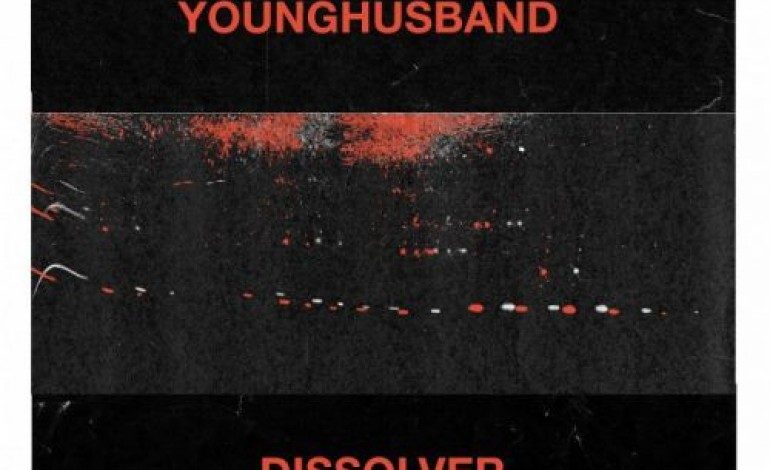

Psychedelic, ambient, slow pop
Psychedelic, lo-fi pop outfit, Younghusband, have released their sophomoric album, Dissolver, on October 30, 2015. The British group started in 2011 with the bedroom recordings of singer/guitarist, Euan Hinshelwood. Shortly following the release of two EPs under his name, he formed Younghusband with Joe Chilton, Adam Beach and Pete Baker.
The group is notable for making a splash with their first major release, Dromes, which was produced by Nicholas Vernhes, most known for his work with Animal Collective, Deerhunter and several other artists. The aspect that originally attracted Vernhes was how stripped down and simple Younghusband’s songs were.
This continues to be true on their latest release. Most songs are simple, a quiet snare pumps dutifully in the background, the distortion is hardly turned up on the strings, the bass does not stray far from the foundation of the song, and occasionally keys/light synth color the background as Hinshelwood gently sings at around a third of his actual volume potential. This is, of course, on purpose as any louder would be a distraction from the atmospherics the band is known for with prior releases.
The vocals sound like some of the lighter Beatles songs, namely George Harrison’s voice on “Here Comes The Sun,” or “While My Guitar Gently Weeps.” This is holds true throughout the album, though some tracks let loose a little more than others. For example, “Blonde Bending” turns up a bit more than usual. The distortion wales at higher volumes than before, still tamed, but louder nonetheless. However, it’s mostly used to fill the background with high staccato voicings. The bridge is a nice surprise in the song as the guitar ventures a bit more and the beat changes slightly. A surprise ending makes the song a bit more memorable than the others.
Even though the band is understood to embody the sound of psychedelic pop, most tracks on the album appear to blend in together so much that it is often difficult to hear any distinct qualities or character between each song. This is mostly because the drums are essentially the same throughout Dissolver and the guitar does not get much louder. Additionally, Hinshelwood stays only where he is comfortable, he never makes an attempt to grow further than prior releases. Perhaps this is because of sheer, unabashed dedication to the sound or it is an unwillingness to develop more than what is already known by the band. Who knows.
The last track leaves the listener on a positive note. The last song on any album has a special job – to close the album, make the argument that the album was worth listening to, draw the listener back to future releases, and to demonstrate what the next logical step could be for the band. The song pushes longer than any other song on the album, it’s dynamic, easy and heavy listening, droning in a way that captures you into listening for the entire ride.
